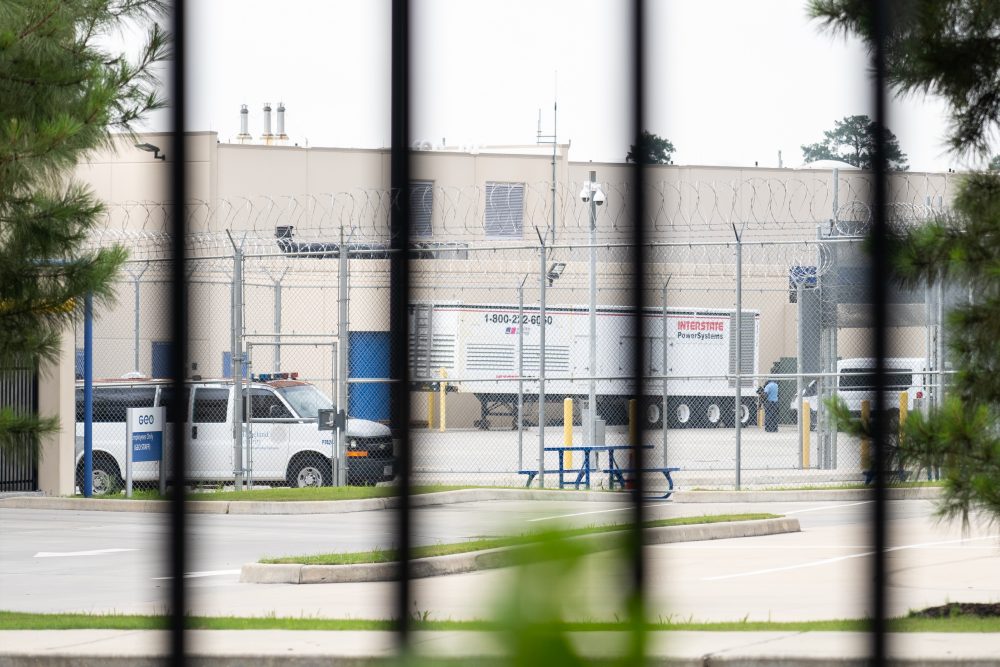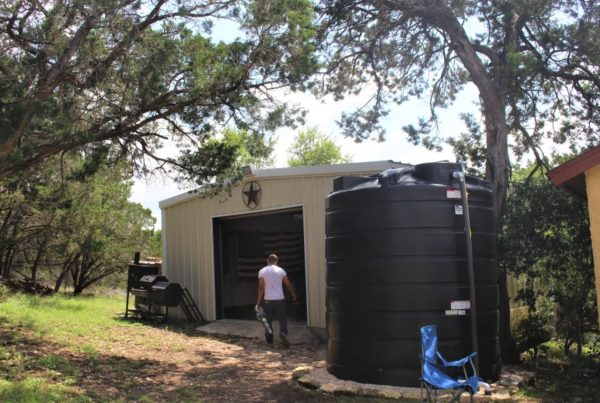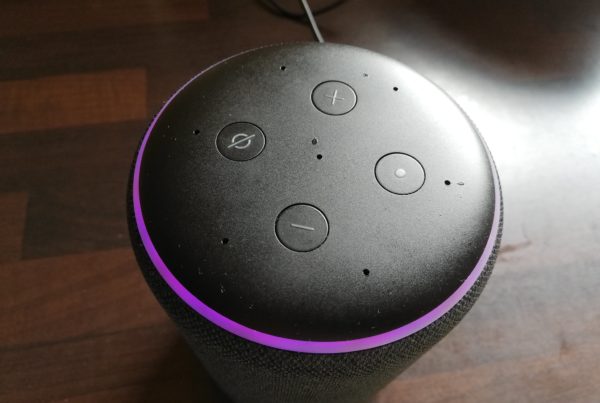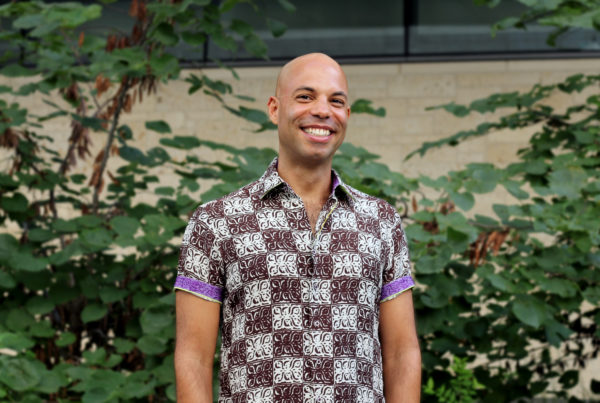Nearly 100 migrants were rescued from captivity in another high-profile smuggling bust in April, in which prosecutors charged five people with harboring the alleged victims for personal financial gain.
Now, around half of those migrants have been deported or are otherwise being held in immigrant detention. And dozens are facing these legal challenges despite being eligible for a special visa for crime victims.
The incident provides a stark look at the consequences faced by immigrant victims of crime, and the lack of protections afforded to them when federal investigators become involved.
“One misconception that is very clearly stated in this particular case is that survivors are protected by law enforcement,” said Naiyolis Palomo, an advocate with the Immigrant Legal Resource Center. “And this particular case shows exactly why they’re not.”
The case also illustrates the pattern of cooperation between local law enforcement and immigration authorities to detain and deport immigrants, according to Palomo. She said the case could have been handled differently — victims don’t need to be turned over to Immigration and Customs Enforcement.
Back in April, police were tipped off about an alleged kidnapping and found 97 people, many from Mexico and Central America, stripped down and held captive inside a Southwest Houston home.
Police quickly turned the human smuggling case over to the Department of Homeland Security’s investigative arm.
The Houston Police Department’s decision to hand things over to the Department of Homeland Security is key to what happened next: quickly after their rescue, more than 90 of the migrants were sent to an immigrant detention center in Conroe.
“We already don’t trust the police or law enforcement,” said Palomo, who added that the case was not surprising to her.
When asked, ICE confirmed that local law enforcement isn’t mandated to turn over international smuggling cases like this one.
“Human smuggling cases can be investigated and prosecuted at both the federal and state level”, an ICE spokesperson wrote in a statement to Houston Public Media.
The move was upsetting, according to BakerRipley attorney Kristen Cates, who said many of the people who were held went from one bad situation to another.
“One client told me just how traumatized he felt, how he knew his family was being threatened and he thought he was going to die in that home,” Cates said. “To have those feelings and then be transferred to a jail…I think it’s been incredibly hard.”
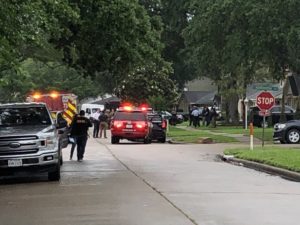
Houston police say they found more than 90 people huddled together inside of the Southwest Houston in April 2021.
Houston Police Department
Attorneys working with Deportation Defense Houston said they confirmed at least 23 people have been deported, and at least 16 more are still detained.
That’s despite the fact that many of the migrants who were held may be able to testify and help put alleged kidnappers — and international smugglers — behind bars.
Their cooperation could also qualify them for a special “U visa” for crime victims — the opportunity to stay in the United States legally.
But first, they need a U visa certification signed by law enforcement, which is a paper that confirms someone was a victim and that they cooperated with authorities. It’s an essential first step in a visa process that could take a decade.
Court documents from the case against the traffickers include details at the crime scene like, “rooms had a deadbolt on the door facing outside, preventing escape from the inside of the room.” One witness said she was told, “if the money was not paid, they would be put in ‘4 pieces of wood’ (six feet under)”, and another said one of the kidnappers, “instructed the males to remove their clothes off and to give him their phones.”
Federal law clearly states “kidnapping” and “extortion” as qualifying eligibility for a U visa.
But Houston attorneys haven’t gotten any indication that the alleged victims will get their U visa certifications signed. BakerRipley attorney Jill Campbell said HPD officials told her they would not be signing U visa certifications for this case.
Instead, she said, many of the people who were held have been either deported or detained.

Montgomery ICE Processing Center
Lucio Vasquez / Houston Public Media
“What kind of a message are we sending to our immigrant neighbors when we say, ‘if your family member is being held ransom, your family member is kidnapped, and you call law enforcement, it will result in your family member’s deportation?’,” Campbell said.
HPD declined to comment for this story.
ICE would not reveal whether any of the migrants in the case will get U visas, but said any federal, state, local, tribal or territorial law enforcement agency can sign a U visa certification.
In other cases, Houston police have signed U visa certifications. But what complicated this case was the involvement of Homeland Security Investigations. If the 97 migrants were instead victims of a local violent crime, it would be a straightforward U visa certification, Campbell said.
“That victim would not be in detention, that victim would not be deported,” Campbell said. “It’s the involvement of federal investigators that leads to the deportation.”
She said this is yet another high-profile case that undermines the intention of the law: encouraging immigrant communities to cooperate with police.
“The U visa was explicitly created as a tool for law enforcement, to make law enforcement better at their jobs, more efficient at their jobs at investigating and prosecuting serious violent crimes,” Campbell said.
The visa could work as motivation for people to cooperate with investigations. In that sense, law enforcement like Houston police should want the U visa to be readily used by immigrant populations, she said.
“The U visa is a right for people who qualify,” Campbell said. “I think we need to encourage the use of it, especially in heinous situations like what we see in this case.”


